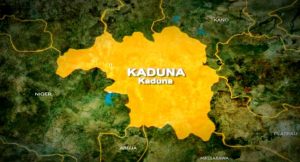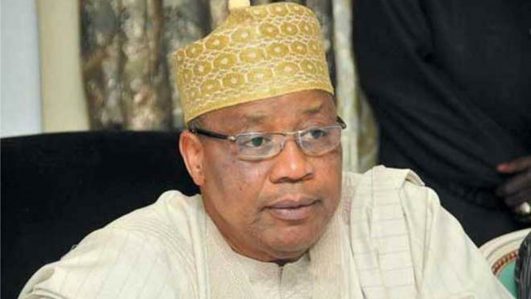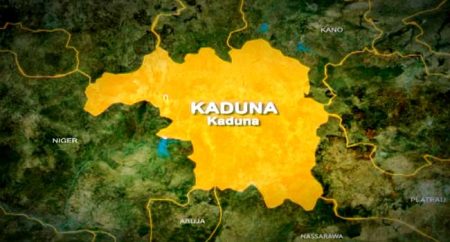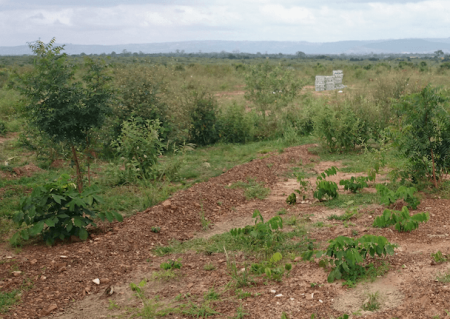General Ibrahim Babangida, in his autobiography, “A Journey of Service,” presents a narrative of Nigeria’s economic trajectory during and before his tenure, placing significant emphasis on the mismanagement of oil wealth and the challenges his administration faced in addressing the resulting economic imbalances. He argues that while the oil boom generated substantial revenue, particularly under General Yakubu Gowon, widespread “profligacy” and “conspicuous consumption” hampered long-term economic development and diversification. He points to the Indigenisation Decree of 1972 as a policy that, although intended to empower Nigerians, inadvertently concentrated wealth in the hands of a privileged few, further exacerbating economic disparities and undermining non-oil sectors. This culture of mismanagement, he claims, permeated subsequent administrations and created the economic quagmire his government inherited.
Babangida paints a picture of a nation enthralled by the allure of easy oil money, where government spending spiralled out of control, fueled by corruption and a lack of accountability. He criticizes the Second Republic as a period characterized by extravagant expenditures, a decline in non-oil sector production, and a growing dependence on imports. Instead of investing oil revenues in diversifying the economy, successive governments, he contends, engaged in unsustainable borrowing, prioritizing prestigious projects and personal enrichment over productive investments. This pattern, he argues, established a vicious cycle of economic dependence and underdevelopment, leaving Nigeria vulnerable to external shocks and hindering its potential for sustainable growth.
The former military president further describes the economic landscape he inherited as one riddled with deep-seated structural weaknesses. By the mid-1980s, Nigeria faced a chronic balance of payments crisis, an overvalued naira, and a decaying agricultural sector. The pervasive culture of consumption, coupled with low productivity and import dependency, further aggravated the economic woes. He blames previous administrations for lacking the political will to tackle these fundamental challenges, leaving his government to grapple with the consequences of years of mismanagement. Babangida highlights the government’s dominant role in key industries, which he describes as breeding grounds for corruption and inefficiency, further contributing to the economic decline.
Babangida’s narrative then shifts to the measures his administration implemented to address these economic woes. He recalls declaring a National Economic Emergency in 1985, aiming to restructure the economy towards greater self-reliance and productivity. Faced with public resistance to an IMF loan, his government opted for the homegrown Structural Adjustment Programme (SAP). He defends the SAP as a necessary, albeit painful, intervention to correct the overvalued naira, encourage local production, and privatize or commercialize loss-making state-owned enterprises. While acknowledging the social impact of the program, he maintains that addressing the structural imbalances caused by decades of mismanagement required difficult choices. He argues that reducing subsidies, adjusting exchange rates, and curbing public spending were crucial steps to breaking the cycle of dependence on imported raw materials and fostering a more sustainable economic model.
The former president addresses the controversies surrounding his government’s management of oil revenues, particularly the $12.4 billion that passed through the Dedicated Account. He defends the utilization of these funds, arguing that they were invested in critical national projects, including the Ajaokuta Steel Company, which he portrays as a necessary expenditure given the substantial prior investment. He challenges the Okigbo Panel’s findings by asserting that the report did not accuse his government of embezzlement, emphasizing that governments prioritize spending based on their assessment of national needs, which may differ from individual or public perceptions. He also draws parallels to previous administrations, suggesting that dedicating foreign exchange earnings to major projects without channeling them through the federation account was established practice. He emphasizes that the economic decisions made during his tenure, though controversial, were driven by the need to restore Nigeria’s productive capacity and lay the foundation for long-term economic stability.
In essence, Babangida’s account presents a complex narrative of Nigeria’s economic history, intertwining external factors like the oil boom with internal issues of mismanagement and corruption. He positions his administration as inheriting a deeply flawed system and implementing painful but necessary reforms to address these structural imbalances. While defending his government’s actions, he also acknowledges the challenges and controversies that arose during his tenure. His autobiography thus serves as a platform for his perspective on a crucial period in Nigeria’s economic history, inviting further analysis and debate on the long-term consequences of oil wealth and the effectiveness of policies implemented to manage its impact.












